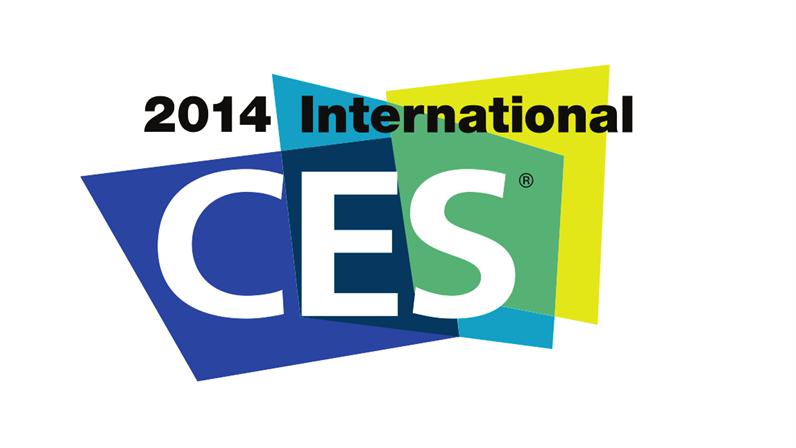Auto shows make great places to see cars entering showrooms in the next year or two, but CES shows how we will be driving by 2020. Automakers and suppliers are participating in CES 2014 so they can show off their latest concepts.
At CES 2013, both Lexus and Audi made important announcements about their efforts to develop autonomous vehicles. While those efforts have not come to dealers yet, Audi will be demonstrating its test vehicles at CES, showing how the future car will drop off its passengers, then go find a parking spot on its own. At CES 2013, Audi introduced its new technology that could make self-driving cars practical, including a sensor array much more compact than that seen on the tops of Google’s autonomous cars. The company is working to integrate its sensor array into cars to enable self-driving capabilities.
Ford will also be present, demonstrating its new technology that will lead to autonomous vehicles. Its production vehicles already have such features as adaptive cruise control and lane-keeping assistance. Vehicle-to-vehicle and vehicle-to-infrastructure communication, technologies called V2X, are two important building blocks to safer and autonomous vehicles. Ford will be demonstrating how V2X communication can alert a driver to another car’s movement before it is even visible. Mercedes-Benz promises to give demonstrations about autonomous driving in the real world, which can only refer to the Steering Assist system in its new S550 model. Especially helpful in slow traffic, this car comes as close as anything to actual autonomous driving in production.
Delphi, one of the largest automotive suppliers, has also been working on autonomous car technologies, so will be showing off a Tesla Model S with what it calls “Autopilot” technology. Toyota will be there, but it appears to be taking on a different task. The Rav4 EV and the new Fuel Cell Vehicle Concept, unveiled at the Tokyo Motor Show will be their entries; such green technologies represent another way in which tech and the automotive sector could go hand in hand.
In general, automakers are heavily invested bringing our smartphones safely into vehicle dashboards. OnStar, used in GM vehicles, will be available in the new Chevrolet Corvette to demonstrate its latest data-driven features and how they integrate into the car. OnStar will be talking up what it calls App Shop, a feature that will be built into cars letting owners select apps they find useful.



